
Libyan Ambassador for Indonesia, Singapore, and Brunei Darussalam, Sadegh M.O. Bensadegh (left). Photo: MINA
Jakarta, MINA – Libyan Ambassador for Indonesia, Singapore, and Brunei Darussalam, Sadegh M.O. Bensadegh, has condemned human trafficking in his government’s territory.
He explained that the practice of buying and selling in the form of bidding as part of human trafficking that was broadcasted by the international media network recently was a criminal practice by local and international gangsters.
“We firmly reject it. Is that part of human trafficking as interpreted by the media or is part of the practice of human smuggling as indicated by international indicators, “Bensadegh told media during a press conference at the Libyan Embassy in Jakarta on Thursday (30/11).
He said Libyan authorities have opened a comprehensive investigation into allegations of the crime in accordance with Libyan law and to reveal the truth that is happening to local and international public opinion.
Also Read: Tensions with Lebanon’s Hezbollah, Israel to Recruit 12,000 Additional Soldiers
“Bringing those responsible to the court. Judge and Punish those who smuggle or enslave migrants,” he said.
Bensadegh said Libya considers that such practices are one of the consequences of illegal migration.
According to him, Libya is the most affected country. The Libyan government refuses to take full responsibility for the phenomenon of illegal immigration, and stressed that this is a shared responsibility between the country of origin, transit and destination.
“Libya has spent huge amounts of money to build and manage migrant center shelters and facilitate voluntary repatriation to their countries. This phenomenon is a threat to security, social structures and even add to the economic burden of our country that has already suffered,” He added.
Also Read: Hamas: Israeli President’s Africa Visit an Attempt to Undermine Support for Palestine
He urged the EU and the international community to assist Libya in reducing shelter costs and support the affected territory by illegal immigration, as well as support capacity building of security agencies.
Last week, CNN aired an investigative report on the existence of a slave trade in Libya. Immigrants from several countries in Africa such as Senegal, Gambia, Niger, Mali and Nigeria were made as slaves in Libya. They are sold in an auction from USD 370 to 750.
Libya experienced a “far worse” civil war than the unrest that toppled Moamer Gaddafi in 2011.
While a sanctions set up in 2011 allows the Security Council to place sanctions on individuals and entities involved in regulating, controlling or committing severe human rights violations against people in Libya. (L/RE1/RS5)
Also Read: Indonesian Language Program Officially Opened at Al-Azhar University
Mi’raj News Agency (MINA)







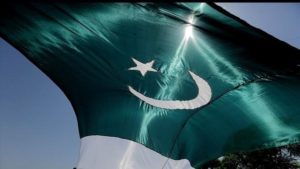
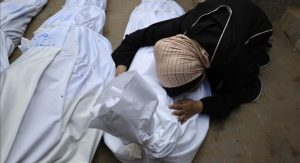
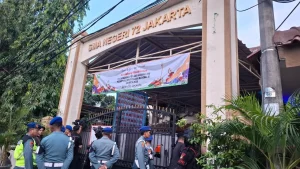
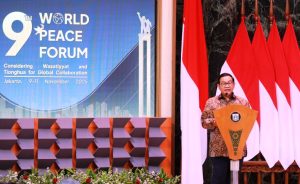


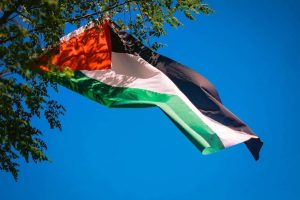
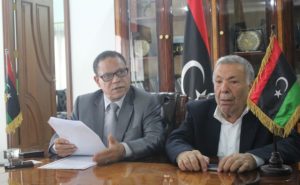



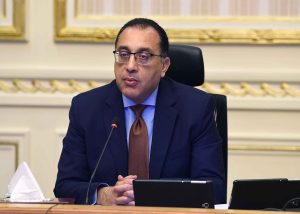










 Mina Indonesia
Mina Indonesia Mina Arabic
Mina Arabic